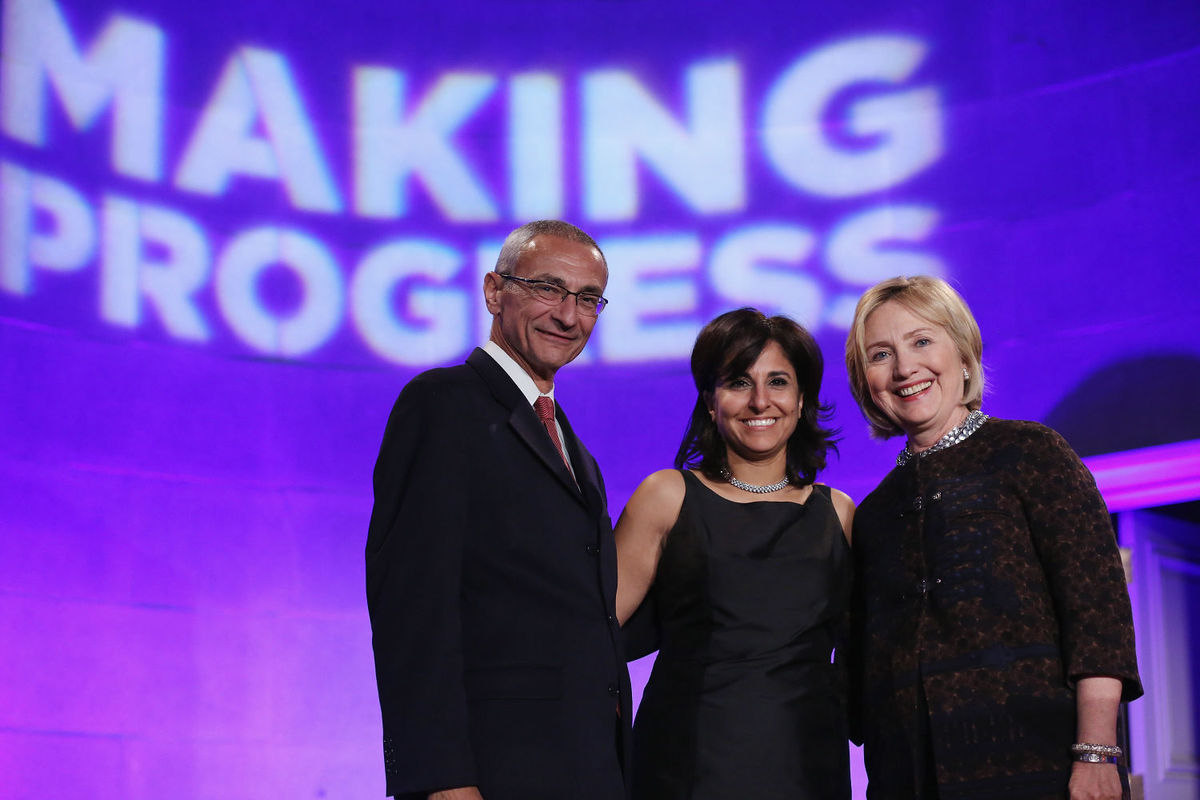
KARACHI (TIP): Pakistan’s divisive former military ruler Pervez Musharraf was buried on February 7 in a muted funeral that was never officially announced. The country’s serving army chief, the prime minister and the president all stayed away from the event, with media blocked from covering it and local television not airing the service.
Musharraf, who became a key US ally during Washington’s “war on terror” after the September 11 attacks, died exiled in Dubai on Sunday aged 79, having suffered a long illness.
In Pakistan, where the military is supremely powerful, Musharraf remains a controversial figure who left many Pakistanis with a deep distaste for direct military rule.
Prayers were held at the grounds of a military compound in Karachi in a funeral ceremony attended by around 10,000 people, mostly retired and serving military officers, an AFP reporter observed.
“He was not given the honour that he deserved… the government has done nothing — it should have arranged the funeral at the national stadium,” Rubina Mazhar, a herbal medicine doctor, told AFP after the prayers.
Wajid Noor, a 71-year-old retired government official, said “thousands of people wanted to participate in the funeral but no details were provided.”
The body was later transported to a nearby military graveyard where the coffin, draped in the national flag, was buried as hundreds of people watched surrounded by tight security. A junior army officer at the site who asked not to be named said a gun salute was given to the former leader.
Economic boom, democratic decline
The four-star general seized power in a 1999 bloodless coup and was acting simultaneously as Pakistan’s army chief, chief executive, and president when the 9/11 attacks on the United States took place.
He became Washington’s chief regional ally during the invasion of neighbouring Afghanistan, a decision which put him in the crosshairs of Islamist militants, who made several attempts on his life. But it also brought a huge influx of foreign aid, which bolstered the economy and helped modernise Pakistan.
The general twice suspended the constitution and was accused of rigging a referendum shoring up his power as well as rampant rights abuses including rounding up opponents during his nearly nine-year rule.
In 2007, Musharraf ordered troops to storm a mosque in Islamabad where more than a hundred students calling for the imposition of sharia law were killed, sparking a major militant backlash.
In the same year, he attempted to challenge the independence of the judiciary, leading to widespread protests and was accused of involvement in the assassination of opposition leader Benazir Bhutto. He became increasingly isolated before ultimately losing power in 2008. In an editorial published by Pakistan’s leading English-language newspaper on Monday, Musharraf was described “as something of an enigma as his authoritarian rule was also interspersed with liberal reforms.”
“Yet the late general’s mistakes were considerable, the biggest and most unforgivable being the derailing of the constitutional order.” (AFP)





Be the first to comment